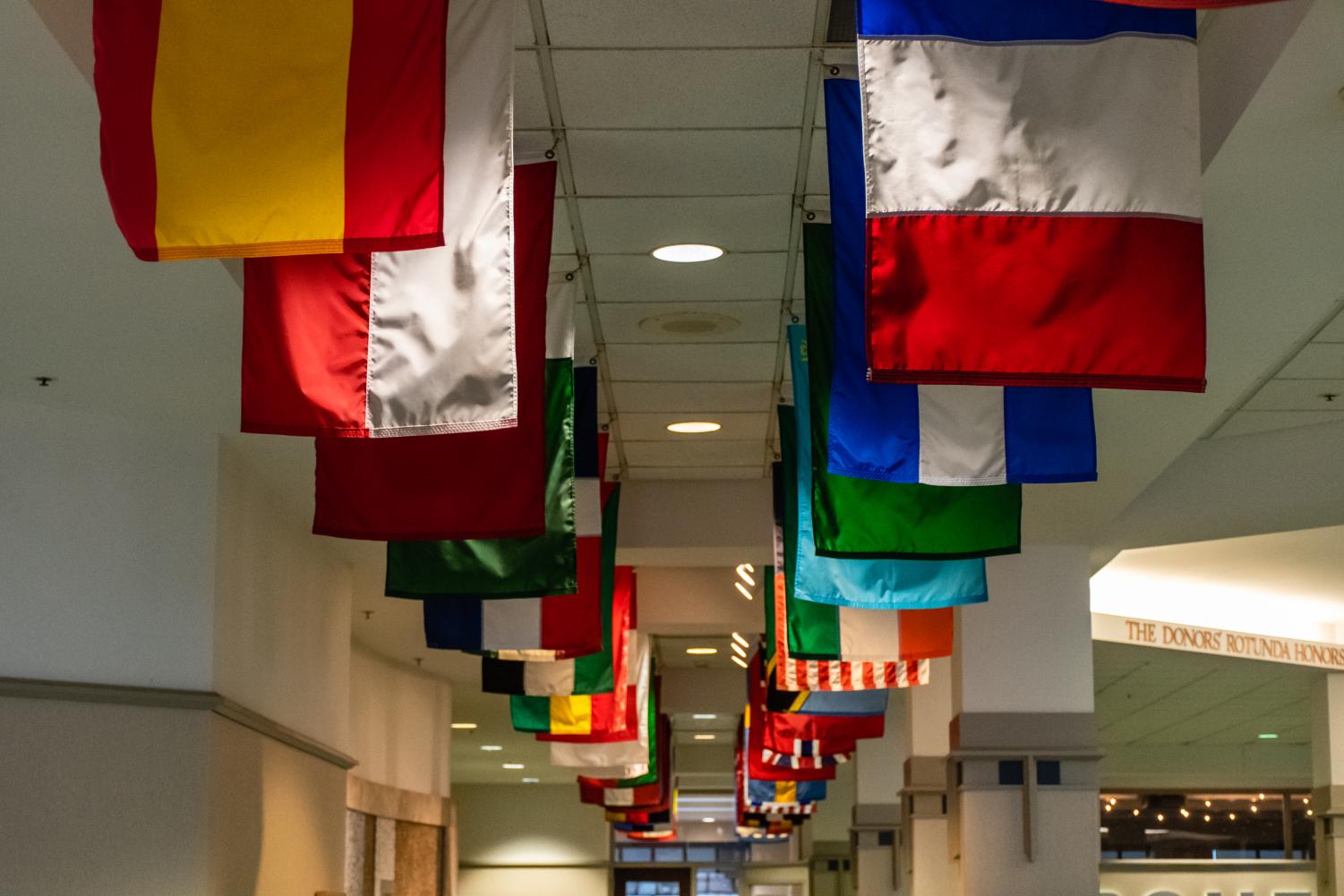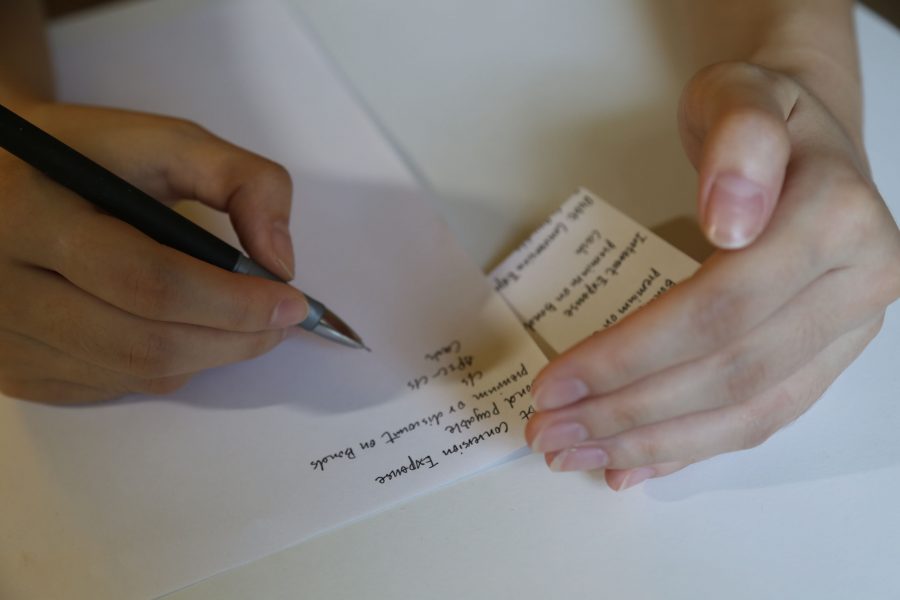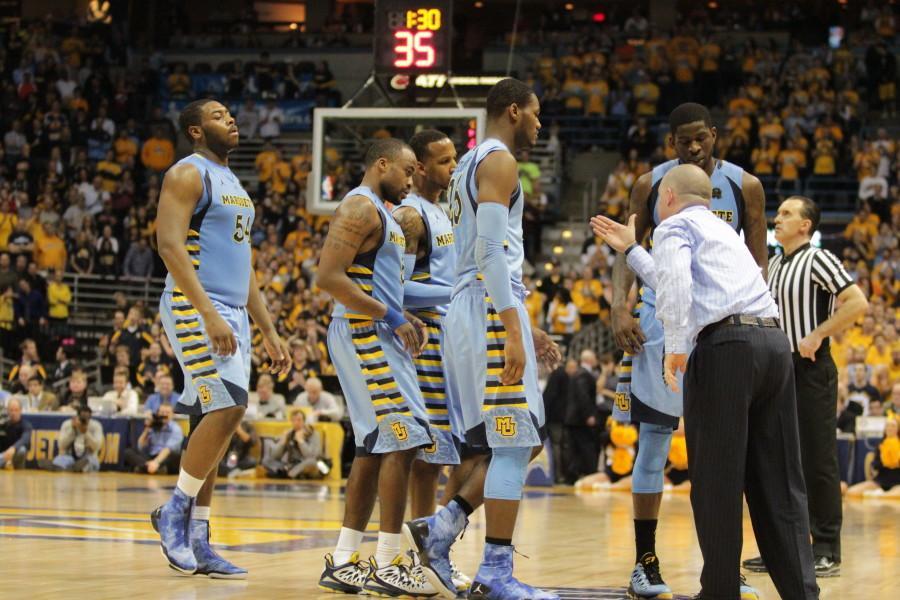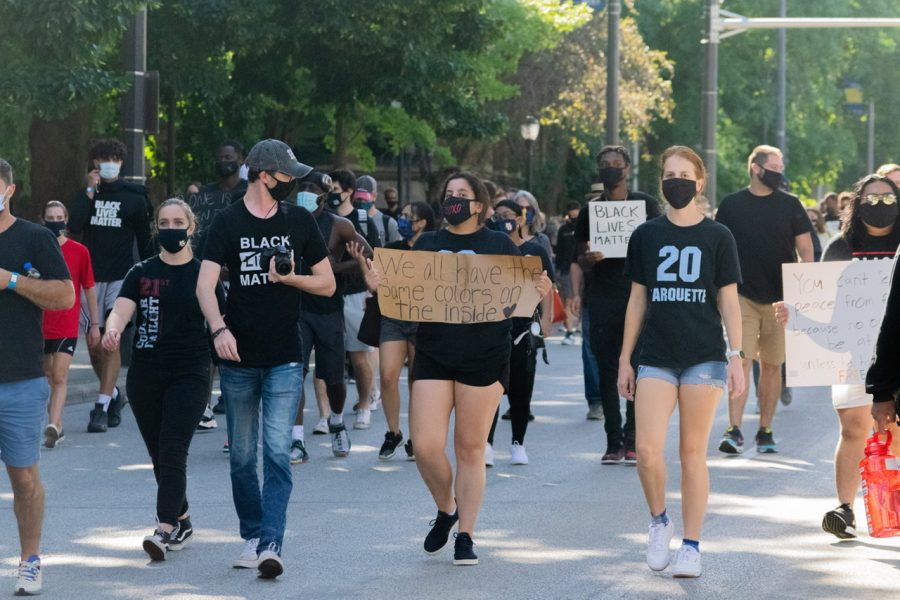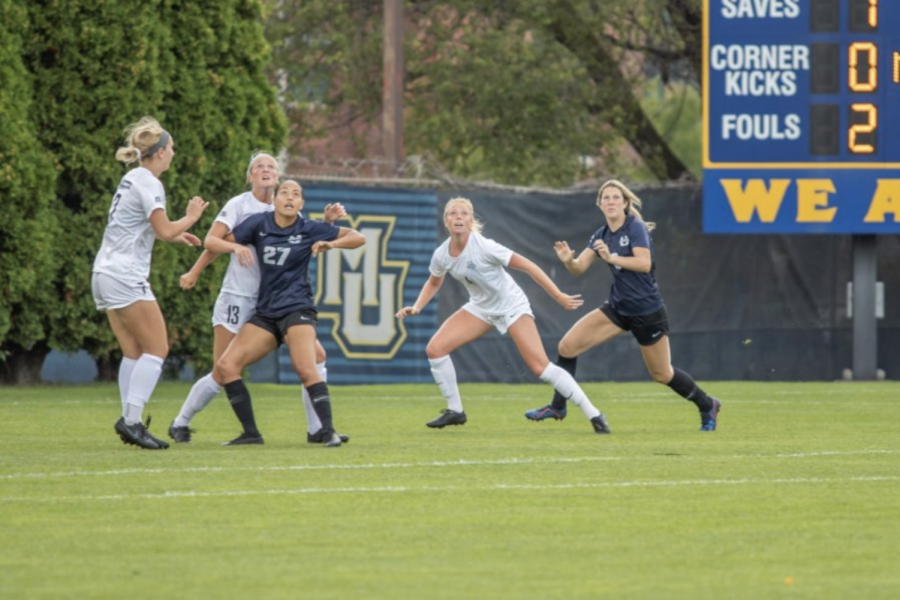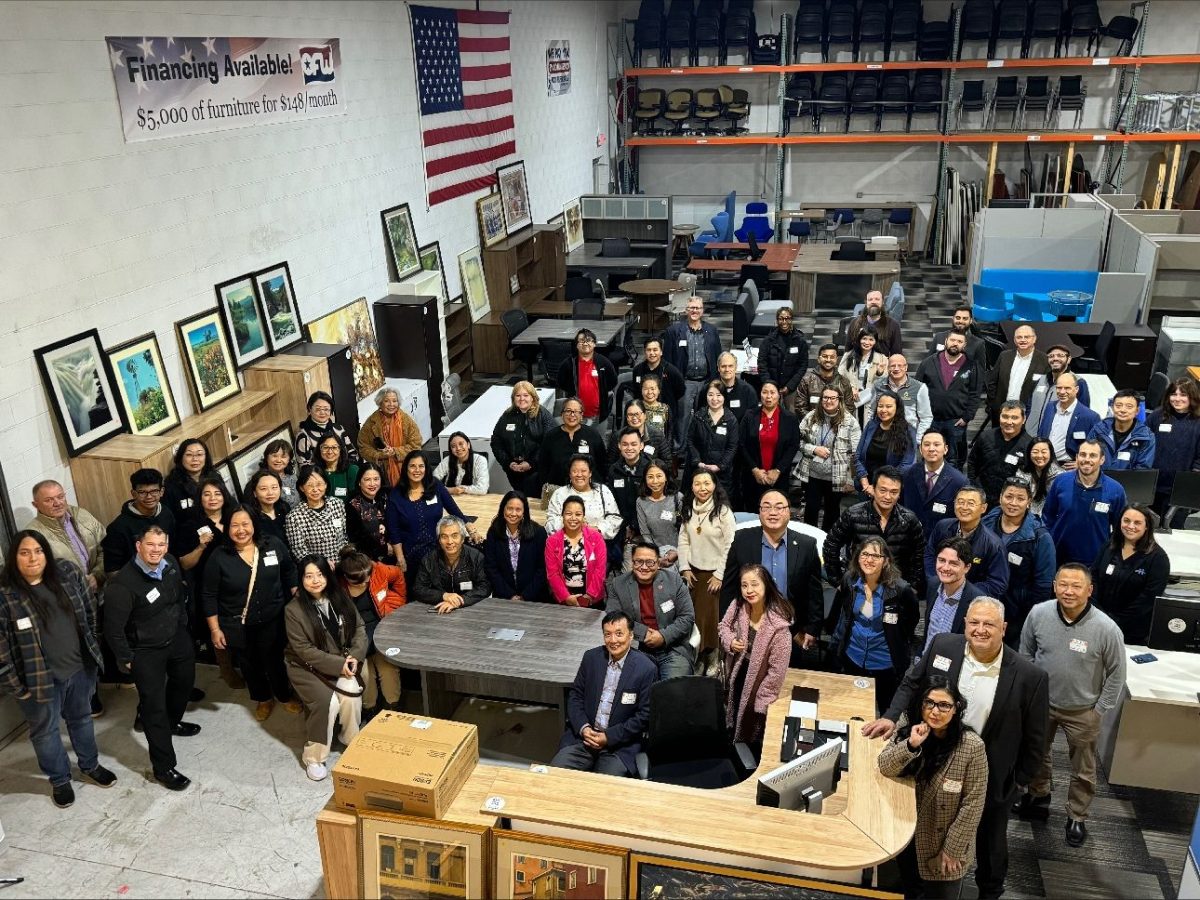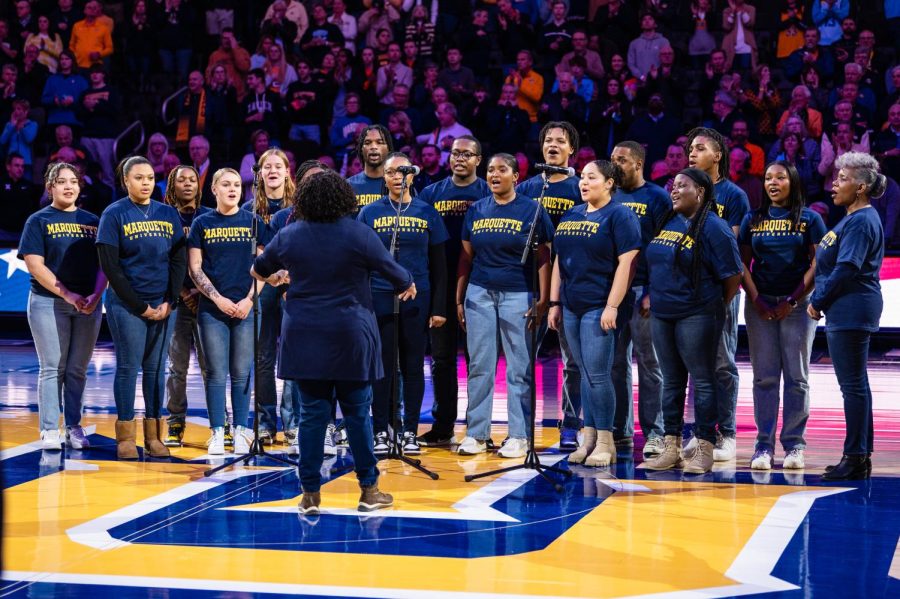Students come to Marquette University from all over the world, but despite potential cultural or ethnic barriers for international students, the Marquette community still acts as one.
In the fall 2021 semester, international students made up 1.9% of undergraduate enrollment and 6.3% of graduate enrollment.
“Students come to Marquette with hopes and dreams and to see those [their dreams] fulfilled,” Susan Whipple, assistant director of the Office of International Education, says.
International students choose to move to the U.S. for college for a number of reasons, including to experience a different culture, to take advantage of more academic opportunities and to join athletics.
For Shahd Sawalhi, a senior in the College of Engineering and an international student from the Palestinian Authority, Marquette had more academic resources available than what she had at home.
“In high school, I knew I wanted to study biomedical engineering,” Sawalhi says. “However, I knew that the colleges back home would not offer me what I wanted to study.”
Lisa Gandolfi, a junior in the College of Arts & Sciences, decided to move to Milwaukee from Italy after previously being a foreign exchange student in Wisconsin in high school.
“I wanted a college in an area that I had been in previously, so Marquette worked wonderfully because my host family literally lives like an hour away from here,” Gandolfi says.
Gandolfi says, unlike in America, college is not something people in Italy save up for, as tuition in European universities are about $1000 a year.
“I wanted a college that could offer me a scholarship because, we often don’t think about it, but there’s more opportunities for American students to get full rides or even partial rides than there is for international students,” Gandolfi says.
Many international students found getting involved was the best way to connect to the Marquette community.
“The first thing I did when I got on campus was sign up for anything I could possibly find interesting,” Gandolfi says.
Jan Jauch, a sophomore in the College of Arts & Sciences, came to Marquette from Switzerland to join the men’s tennis team.
“In Switzerland, we don’t have that combination of high-level athletics and academics,” Jauch says. “For me, tennis mattered quite a lot and Marquette also has good academics … both things are important to me.”
Jauch says he has bonded with the other international students on the tennis team over their study abroad experiences.
“There’s a couple of international guys on the team and it’s a good community,” Jauch says. “We find that Americans see things from a different perspective than we do sometimes because of our different backgrounds.”
Students who study abroad can sometimes experience what is called a “culture shock,” or feeling disoriented when adjusting to a new culture or language, when moving to the U.S. for college.
“In Italy, we’re very outgoing, we’re very friendly, but usually with people we know and what I found here and what really I miss when I go back is just random acts of kindness towards strangers, which is something that, especially I feel like in the Midwest, people do often,” Gandolfi says.
As an international student, Sawalhi says she has not faced what she would consider barriers, but instead sees them as opportunities.
“Having someone with a different perspective than a U.S. student that’s been here in the U.S. is definitely something that’s very helpful and that’s why I always felt welcome and I didn’t feel like my culture was a barrier at all,” Sawalhi says.
Jauch says one thing he has learned from his experience as an international student is that college in the United States teaches you a lot about the world.
“You grow a lot, you learn many new things and you get exposed to new cultures,” Jauch says. “It’s a learning experience.”
Similarly, Gandolfi says being at Marquette has opened her eyes to the number of opportunities available in the United States.
“People here don’t look at you like a number, they look at you like a person,” Gandolfi says. “You have to take advantage of the opportunities because never again in your life will they come up, and if you do, people will notice you.”
Being an international student isn’t what Sawalhi lets be the only thing to define her.
“Your race and ethnicity does not really matter if you have similar passions or similar interests or you actually connect, that doesn’t need to be labeled by where you are from,” Sawalhi says.
Studying abroad can be a chance for those from all around the world to find a home away from home where they can learn from and connect with all kinds of different people.
“Marquette has always been my second home,” Sawalhi says.
This story was written by Bailey Striepling. She can be reached at bailey.striepling@marquette.edu.

